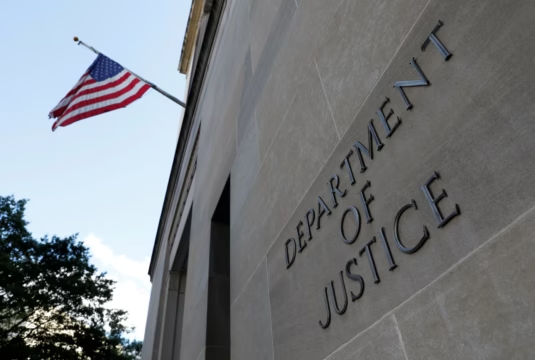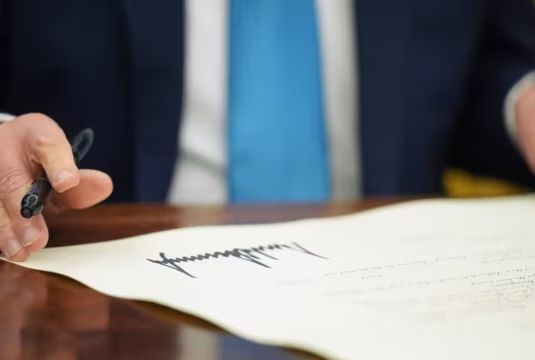U.S. is One of Only Two Countries Actively Enforcing Anti-Bribery Laws
A statement from Transparency International U.S.
October 11, 2022
Washington, D.C.– Transparency International U.S., in partnership with the Transparency International global network, today released Exporting Corruption 2022, the latest in an ongoing series of progress reports on enforcement of the U.S. Foreign Corrupt Practices Act and the foreign bribery laws of other exporting countries.
The report reviews investigations, enforcement actions and other data to assess how well the world’s major exporting countries are policing anti-bribery rules and cross-border corruption.
Researchers looked at 47 exporting countries. Only three of these countries – China, India, and Singapore – are not signatories to the Organization for Economic Cooperation and Development (OECD) Anti-Bribery Convention.
Among the key findings: only two countries – the U.S. and Switzerland – actively enforce their foreign anti-bribery laws. This represents a drop of two out of four countries that were found to actively enforce their foreign anti-bribery laws in our 2020 report. Seven countries were found to have moderate enforcement, and 38 countries conducted limited or virtually no enforcement of their foreign bribery laws.
The report notes a decline in U.S. enforcement. It began to drop in 2020 and fell more sharply in 2021. FCPA enforcement penalties peaked in 2020 at US$7.13 billion and plummeted to US$461 million in 2021. Preliminary data suggests that U.S. enforcement is on the upswing again in 2022 but remains below pre-pandemic levels.
Gary Kalman, Executive Director of Transparency International U.S., released the following statement:
The U.S. continues to be a leader in foreign anti-bribery enforcement, but this win is tarnished a bit by the sorry state, globally, of accountability. When only two countries are actively enforcing their anti-bribery laws, it feels more like winning due to forfeit.
Let’s not forget that bribery has real-world, devastating impacts. It is not a victimless crime, as it is treated in far too many cases. During the height of the pandemic, a U.S.-based company sold mobile hospitals made of junk parts and reused medical equipment. The contracts were worth millions and signed with some of the most vulnerable countries. The sales are widely believed to be the result of bribes. No doubt, countless covid patients suffered as a result of substandard health care.
There is much the U.S. can do to help crack down on bribery and counter transnational corruption. In addition to ensuring proper funding for law enforcement officials and guaranteeing stronger protections for whistleblowers, the U.S. should lead efforts to improve cross-border information sharing and actively encourage adoption of improved international standards.
On the legislative front, the U.S. Congress should pass the Foreign Extortion Prevention Act, a bipartisan bill to extend our anti-bribery laws to those foreign officials who demand or accept a bribe and are not currently covered by U.S. law. Not only would this send a powerful message about the seriousness with which the U.S. intends to address corruption wherever it festers, the law could help spark a new, international push to crack down on bribery.
It’s great that the U.S. is a leader in fighting foreign bribery. It would be far better if the competition were more formidable. The Administration and Congress should push to make it so.
***
Transparency International U.S. is part of the world’s largest coalition against corruption. In collaboration with national chapters in more than 100 countries, we are leading the fight to turn our vision of a world free from corruption into reality.
Related Resources
Media Contact:
Scott Greytak, Advocacy Director, Transparency International U.S.
Telephone: +1 614-668-0258
Email: media-us@transparency.org
Twitter: @transparencyUSA






